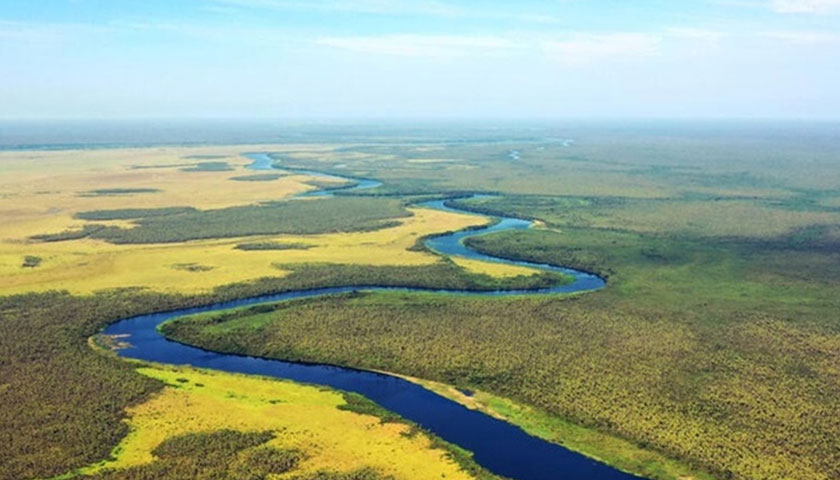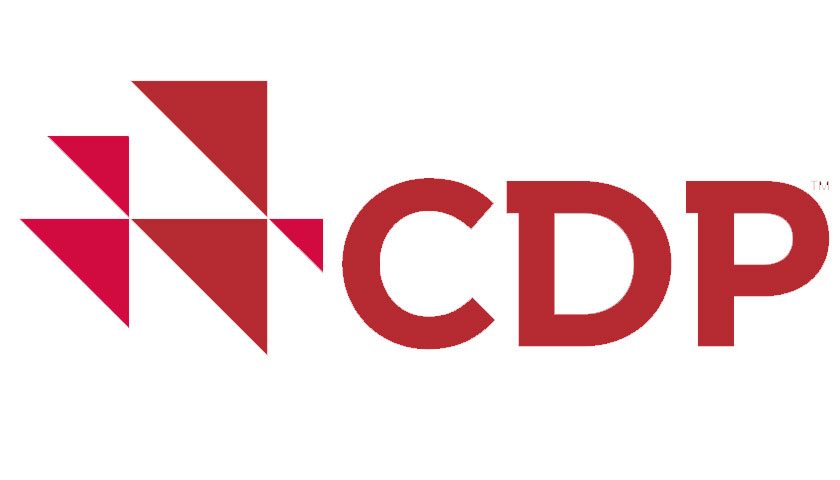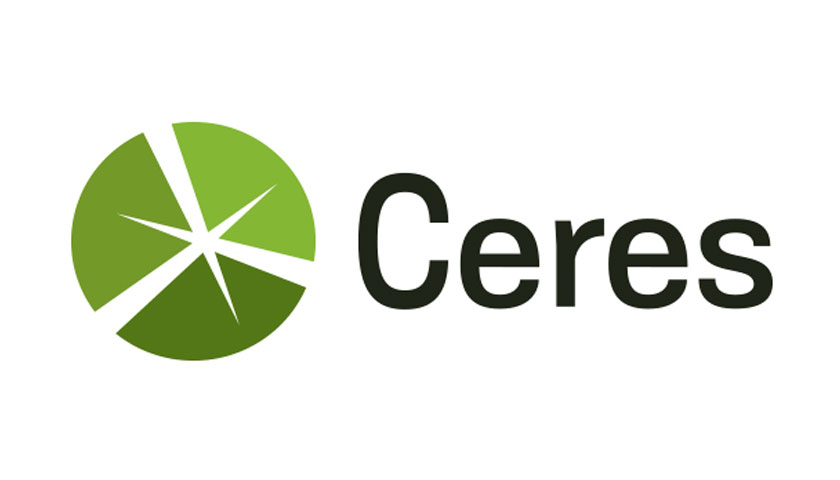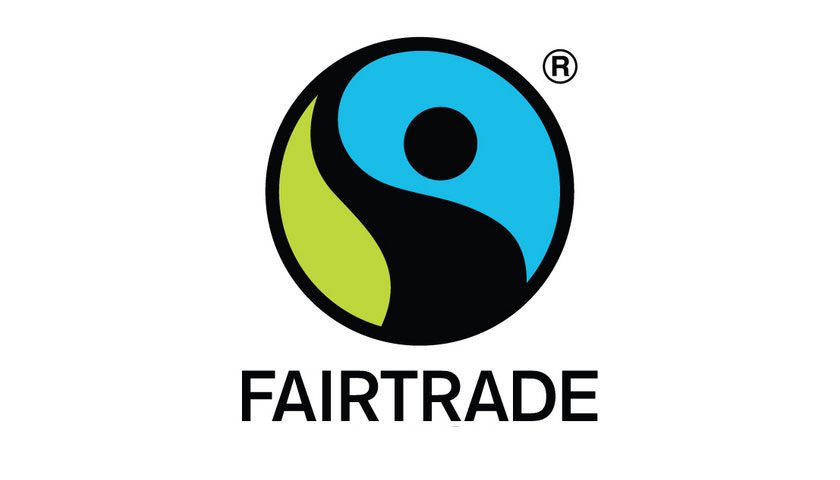UK industry leaders from 27 major businesses – all of the biggest UK grocery retailers (including Tesco, Asda, Sainsbury’s, Waitrose, Marks & Spencer and Iceland), some of the largest meat producers (including Avara Foods, 2 Sisters Food Group, Cranswick, Pilgrim’s UK), and food service companies and brands (such as Danone UK and Ireland, Nestle UK and Ireland, Nando’s, KFC UK and Ireland and McDonald’s UK and Ireland) united in signing the UK Soy Manifesto. This commits them to cutting deforestation and habitat destruction out of UK soy supply chains as soon as possible, and by 2025 at the latest.
In order to ensure rapid progress towards this goal, all signatories agree to:Setting a robust deforestation- and conversion-free commitment – so no soy arriving in the UK is responsible for habitats being cleared for agriculture after January 2020
- Setting a robust deforestation- and conversion-free commitment – so no soy arriving in the UK is responsible for habitats being cleared for agriculture after January 2020
- Asking direct suppliers to adopt the same commitment – and require that of their suppliers as well
- Writing Manifesto commitments into contracts and supporting suppliers to ensure targets are met
- Publicly sharing details of their progress
- Support improved reporting, in order to check that soy coming into the UK is not responsible for deforestation or destruction of other ecosystems.
Signatories include 27 brands, retailers, food service companies and livestock producers operating in the UK, representing nearly 2 million tonnes of soy purchases each year and more than half (nearly 60%) of the UK’s total consumption.
The conversion of forests and other ecosystems for agricultural production – including the production of soy, palm, beef, and timber – is a major contributor to climate change, as well as driving biodiversity loss. Just under a quarter (23%) of global human-caused greenhouse gas emissions come from agriculture, forestry, and other land uses, and most of these emissions are due to deforestation. It does not have to be this way: agricultural and forestry commodities can be grown without further destroying native vegetation.
The UK’s consumption of soy – 3.5 million tonnes in 2020 – though small in global terms, is contributing to pressure on biodiverse landscapes such as the Cerrado, the Atlantic Forest, the Gran Chaco and Chiquitania in South America. UK consumption of soy in 2017 led to an estimated 3,081 hectares of deforestation, an area twice the size of the City of London. Soy is one of the main contributors to the UK’s deforestation and conversion footprint today. Most of this soy is used in the form of animal feed.
UK industry has already started to take action to protect forests and other natural ecosystems by improving transparency and information sharing throughout UK soy supply chains and driving increased use of certification to support sustainable soy production in South America. But there is a shared recognition of the need to take more ambitious action, faster and at scale. Mainstream transformation cannot be achieved by companies working on their individual supply chains alone. Businesses all across supply chains, as well as soy producers, must take responsibility and act together.
Global markets need to provide financial incentives and technical support to boost sustainable production. Governments in producer and consumer countries and regions also have an important role to play.
UK industry welcomes the commitments announced at COP 26 by producer and consumer governments to promote sustainable development and trade while protecting forests and other critical ecosystems, through the Glasgow Leaders’ Declaration on Forests and Land Use and the Forest, Agriculture and Commodity Trade Dialogue (FACT) Joint Statement and Roadmap For Action.
The UK Soy Manifesto aligns with and builds upon similar initiatives in other markets such as the French Soy Manifesto, to show increasing demand and action plans from industry on removing all deforestation and ecosystem destruction from soy supply chains.
Tesco CEO Ken Murphy and WWF-UK CEO Tanya Steele spoke at the UK Soy Manifesto’s formal virtual launch on Tuesday 9th November, where they were joined by signatories, industry representatives and experts.
Ken Murphy, CEO of Tesco said:
“The conversion of forests and other ecosystems for agricultural production – including the production of soy – is a major contributor to climate change, as well as driving biodiversity loss. Soy is the single most impactful forest-risk commodity in Tesco’s supply chain. Which is why we’ve already made a commitment that by 2025 we will only source soy from whole areas verified as deforestation-free. But we can’t solve this issue on our own.
“The launch of the UK Soy Manifesto is a critical milestone for our industry, bringing together brands, retailers, food service companies and livestock producers operating in the UK, and setting out a clear commitment for all physical shipments of soy to the UK to be deforestation and conversion free by 2025.”
Tanya Steele, WWF’s Chief Executive, said:
“We must end deforestation and habitat destruction from soy production as a matter of urgency if we’re to have any chance of limiting global warming to 1.5°C and reversing the loss of nature. Industry now needs to ramp up its action and ambition to combat the devastation of ecosystems. The UK Soy Manifesto presents the chance for a real change and all soy users should commit to it. We won’t forget those who failed to step up to protect our planet.”
Marija Rompani, Ethics & Sustainability Director, John Lewis Partnership said:
“The launch of the UK Soy Manifesto is a truly historic achievement and a clear statement of intent across the UK industry, that Waitrose is proud to support. Protecting nature in regions where agri-commodities are grown is paramount if we are to halt climate change and biodiversity loss. But the scale of the challenge and complexity of global soya supply chains is beyond what any one company alone can solve. By acting together, companies in the UK and more broadly can achieve the critical mass needed to help transform the way soya is grown and traded and enable the supply of deforestation-free soya at scale.Alongside other national initiatives, due diligence legislation, and the commitments on forests announced by national governments, the finance industry, and agri-commodity traders at COP26, we’re hopeful that this will create a real turning point for nature in precious ecosystems like the Cerrado. We look forward to playing an active role in the implementation of the UK Soy Manifesto and delivering its goal of deforestation and conversion free soya before 2025.”
Paula MacKenzie, Managing Director, KFC UK&I said:
“We’ve got to address deforestation. It’s our responsibility to manage our supply chain, but with the complexity of distribution and scale, it will take more than our influence alone to transition to sustainable soya. The collective action of the entire food industry is needed. That’s why we are proud to be a signatory of the UK Soy Manifesto, and to collaborate on making real progress around halting and reversing deforestation.”
Paul Willgoss, Marks & Spencer Food’s Director of Technology, said:
“The global food industry has become overly dependent on protein-rich soy and this continues to negatively impact nature in places like the Brazilian Amazon. At M&S, our priority is to eliminate deforestation from the production of our products and we’ve committed to 100% of our soy being conversion-free and sourced from verified deforestation- free regions by 2025.
“We want to play our part in supporting an industry wide transition to a more sustainable model of soy production that protects the health of our planet and look forward to working closely with other signatories of the UK Soy Manifesto to achieve this.”
Hannah Cornick, Head of Sustainability and Social Innovation at Danone UK and Ireland, said:
“Ending commodity-driven deforestation is vital to addressing the climate crisis and preserving biodiversity, as well as protecting communities around the world. At Danone, we are committed to ensuring all the soy we buy is fully traceable and does not come from zones at risk of deforestation. Our efforts to tackle deforestation have been recognised by the CDP with an AAA rating.
Collaboration is essential to drive the industry-wide action required – and that’s why collective commitments like today’s announcement are so important. Open and transparent reporting is also key as we continue to push ourselves to go further and do more for people and planet.”
James McCulloch, Head of Feed, Agricultural Industries Confederation (AIC) said:
“The Agricultural Industries Confederation (AIC), as representative of the UK livestock animal feed supply chain, supports the UK Soya Manifesto in its aim to drive a transition to sustainable soy production and consumption.
The animal feed supply chain will continue to play its part in helping to deliver the Manifesto aims. We remain convinced that collaboration between the market, Government and other stakeholders can ensure the protection of forests which are such a vital global resource.”
UK Government said:
“The UK Government welcomes the leadership role UK companies are taking to drive the transition to deforestation-free soy supply chains through the UK Soy Manifesto. Initiatives like the manifesto can complement Government efforts to meeting our climate and environment objectives.”



